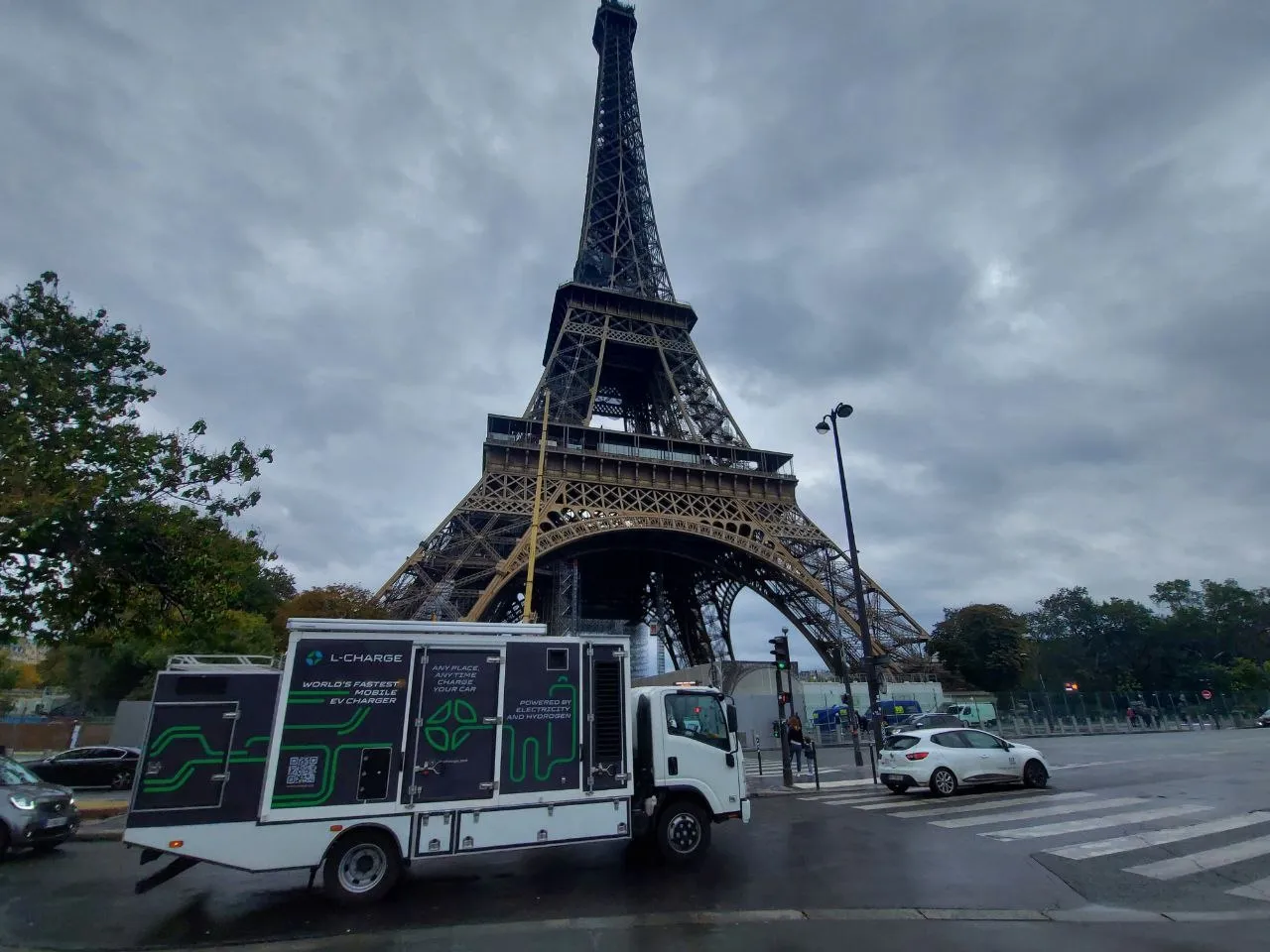UK company Chargepoint Services has partnered with France-based DBT to distribute their Rapid Charge Unit for electric vehicles. The DC chargers can recharge an electric vehicle, such as the Nissan Leaf, to approximately 80 per cent battery capacity in just 20-30 minutes, but costs around 60% less than other rapid chargers currently on the market today. The company says this could help revolutionise electric vehicle travel, making longer journeys “range-anxiety free” by bringing refuelling times closer to
November 22, 2012
Read time: 1 min
UK company 4825 ChargePoint Services has partnered with France-based DBT to distribute their Rapid Charge Unit for electric vehicles. The DC chargers can recharge an electric vehicle, such as the 838 Nissan Leaf, to approximately 80 per cent battery capacity in just 20-30 minutes, but costs around 60% less than other rapid chargers currently on the market today.
The company says this could help revolutionise electric vehicle travel, making longer journeys “range-anxiety free” by bringing refuelling times closer to those of conventional ICE vehicles.
The DBT Rapid Charge unit integrates with ChargePoint’s back office management system – CPMS, to provide system monitoring and control as well as data analysing for billing and cost applications. The CPMS is already being used to manage Ecotricity’s “Electric Highway”, as well as the London 2012 Olympic Games’ network of GE DuraStation units, installed earlier in the year in and around the Olympic venues.
The company says this could help revolutionise electric vehicle travel, making longer journeys “range-anxiety free” by bringing refuelling times closer to those of conventional ICE vehicles.
The DBT Rapid Charge unit integrates with ChargePoint’s back office management system – CPMS, to provide system monitoring and control as well as data analysing for billing and cost applications. The CPMS is already being used to manage Ecotricity’s “Electric Highway”, as well as the London 2012 Olympic Games’ network of GE DuraStation units, installed earlier in the year in and around the Olympic venues.









